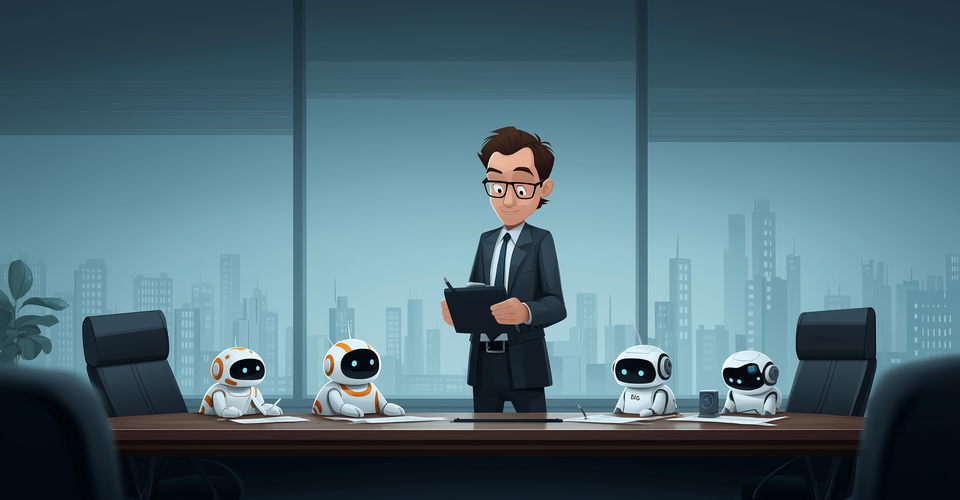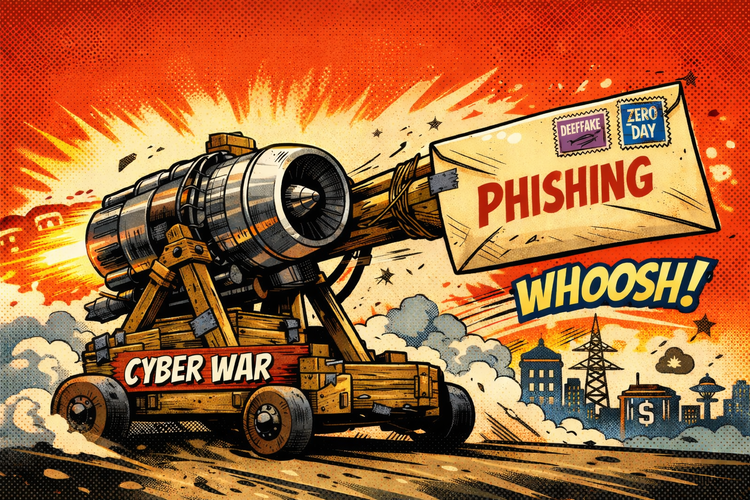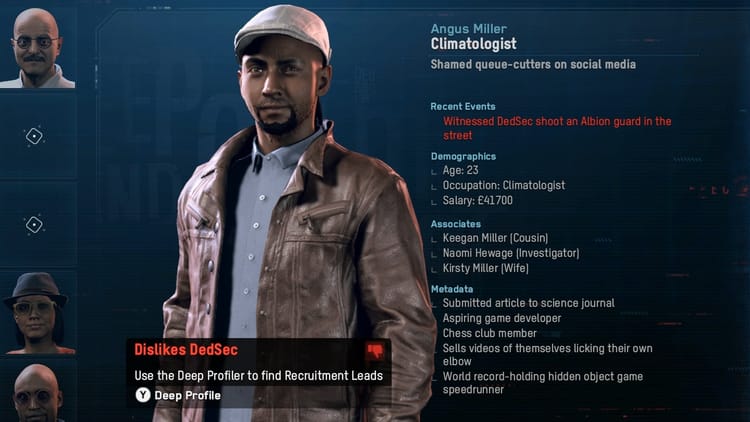Meet Your New Work Crew: You, Plus a Team of AI Helpers!

Right, so last time we explored some of the valid concerns around AI and privacy – that slightly unnerving feeling of being constantly watched or analysed. It’s easy to get bogged down in the potential downsides, and goodness knows the internet has enough fear-mongering already!
But what if the next big AI evolution isn't about replacing us, but about supercharging us? The latest Microsoft and LinkedIn Work Trends Index paints exactly this picture. They envision a new kind of organisation – the "Frontier Firm" – where each human employee essentially leads their own squad of specialised AI agents.
Think less "Rise of the Machines" and more "Rise of the Ultra-Efficient Personal Assistant Army."
Forget Micromanaging Humans, Try Orchestrating AI!
The core idea is simple but powerful: AI takes over the grunt work, freeing us humans up for the stuff that requires nuance, creativity, and strategic thinking. Instead of just having one AI tool like Copilot, imagine having several "digital colleagues" reporting to you, each a specialist in their domain.
It’s about augmentation, not automation oblivion. You're the conductor, guiding your digital orchestra to create something amazing.
A Day in the Life (with Your AI squad)
So, what might this actually look like day-to-day? Let's get a bit playful here. Picture your typical Tuesday:
- 8:59 AM: Coffee in hand. Instead of dreading the inbox avalanche, you brief "Sparky," your email AI. "Sparky, mate, filter out the noise, prioritise anything with 'urgent' or 'incident' in the subject, summarise those long email chains from Project Phoenix, and draft polite 'got it, ta' responses for the FYI stuff." Boom. Inbox tamed before your second sip.
- 10:00 AM: You need to analyse that massive vulnerability scan report. Instead of hours cross-referencing CVEs, you turn to "DataCruncher." "Alright DataCruncher, analyse these results against our asset inventory, flag critical vulns on production systems, check against current threat intel feeds for active exploitation, and give me a prioritised list with remediation suggestions." While it crunches, you can actually think about the strategic remediation plan.
- 1:00 PM: Time to prep that monthly risk committee update. "Drafty McReportFace, pull the key metrics from DataCruncher's analysis, grab the incident summaries from Sparky's flagged emails, format it using the standard template, and give me a first draft focusing on trends and major risks." You get a solid starting point in minutes, not hours.
- 3:00 PM: Need to schedule a complex multi-team workshop? Forget the endless email tag. "SchedulerBot, find a 90-minute slot next week for the SecOps, Cloud, and AppDev leads to discuss the Project Phoenix security roadmap. Bonus points if you can avoid Friday afternoon." SchedulerBot negotiates with their AI agents, leaving you free.
- All Day: Maybe "IntelScout" is constantly monitoring dark web forums for mentions of your organisation or specific threats, alerting you only when something genuinely warrants attention.
You're not doing the tedious tasks; you're directing, reviewing, validating, and applying your human judgment where it matters most. You’re the strategist, the leader, the problem-solver.
The Real Payoff: A Better Quality of (Work) Life?
This isn't just about getting more done; it's about changing the nature of our work, potentially leading to a massive improvement in job satisfaction and well-being:
- Less Grind, More Meaning: Imagine slashing the time spent on repetitive, soul-draining tasks. That frees up brainpower for the complex challenges, the creative solutions, the stuff that actually energises us.
- Focus on Strategy: Instead of drowning in alerts or paperwork, you can focus on the bigger picture – improving security posture, mentoring junior team members, innovating.
- Reduced Burnout: Tackling high-volume, low-value tasks is a major contributor to burnout, especially in high-pressure fields like cybersecurity. Offloading this to AI could be a game-changer for team resilience.
- Upskilling Opportunities: With AI handling the basics, you have more time (and mental energy) to learn new skills, stay ahead of the curve, and increase your own value.
- Better Human Collaboration: Less time spent on admin means more time for genuine collaboration, brainstorming, and building relationships with your human colleagues.
It’s a future where technology empowers us to be more strategic, more creative, and ultimately, more human at work.
Are You Ready to Be an "Agent Boss"?
This shift won't happen overnight. The Work Trends Index highlights a gap – leaders (especially here in Australia) are getting familiar with AI agents, but many employees aren't there yet. Upskilling, clear communication, and building trust will be crucial.
But the potential is undeniably exciting. It’s a future focused on partnership, where AI handles the scale and speed, and we provide the wisdom and direction.




